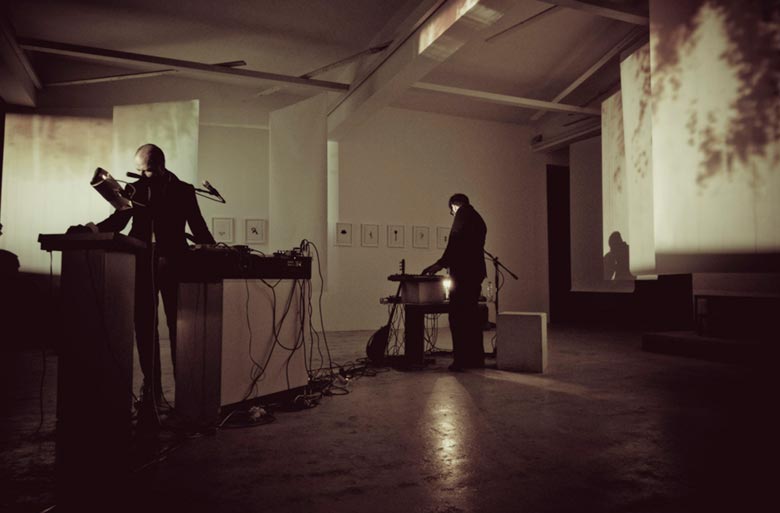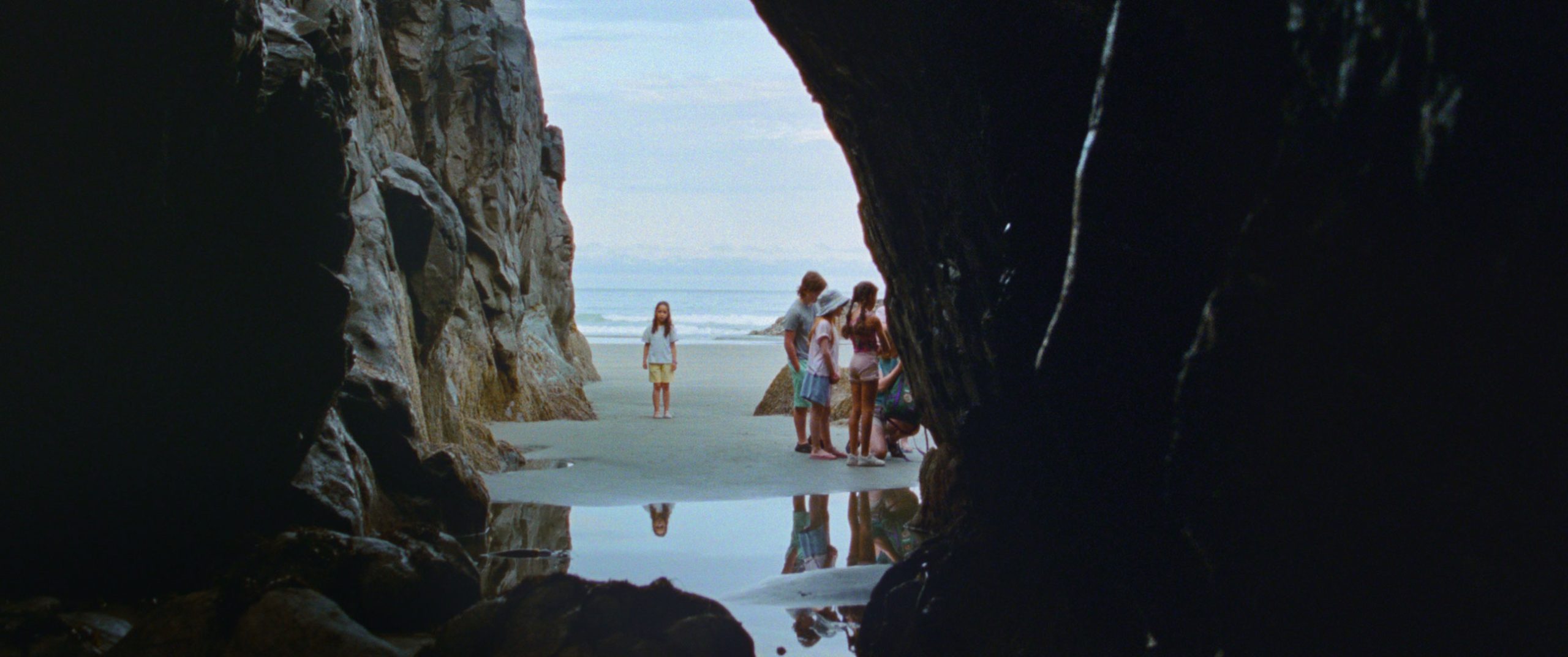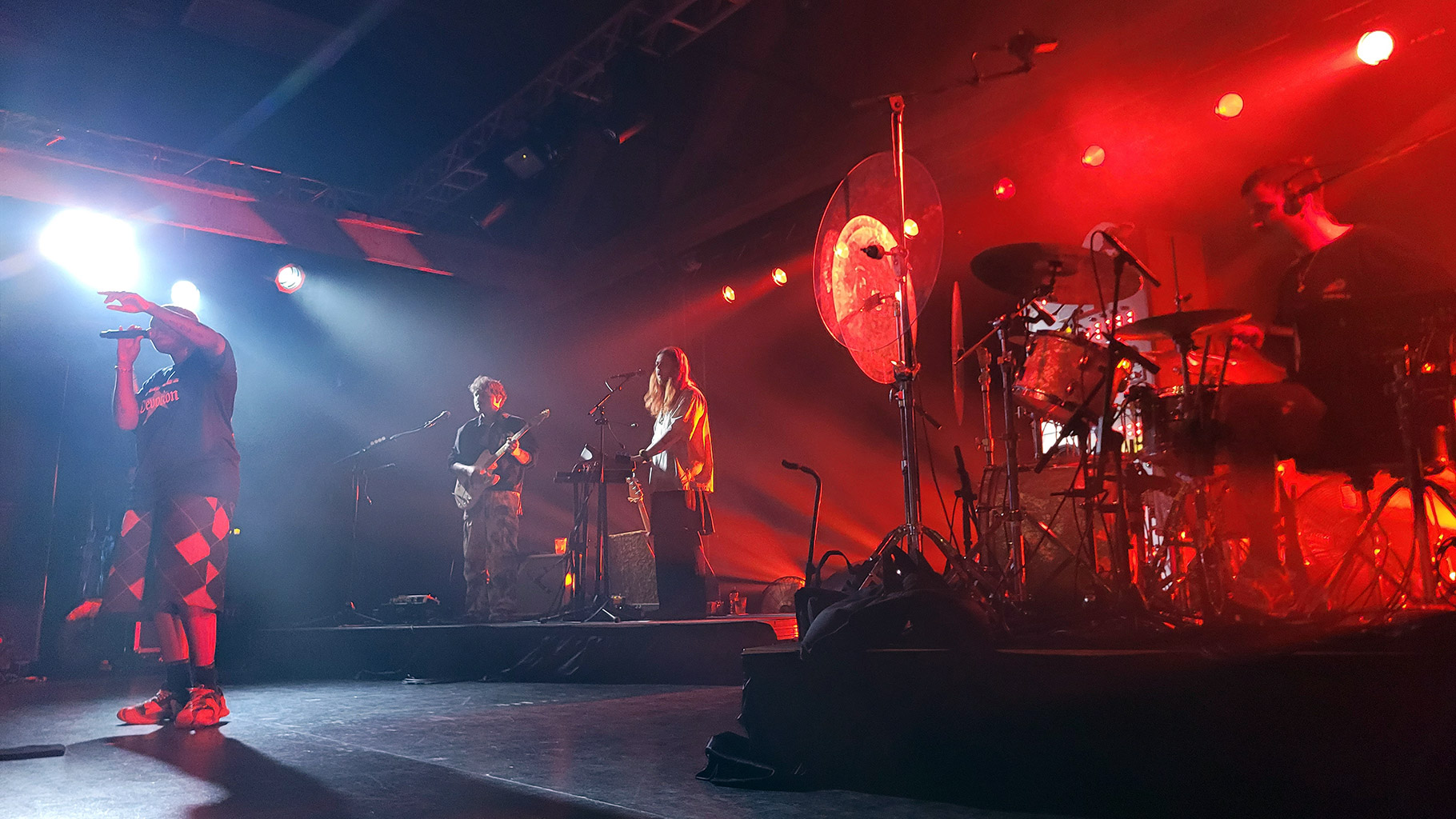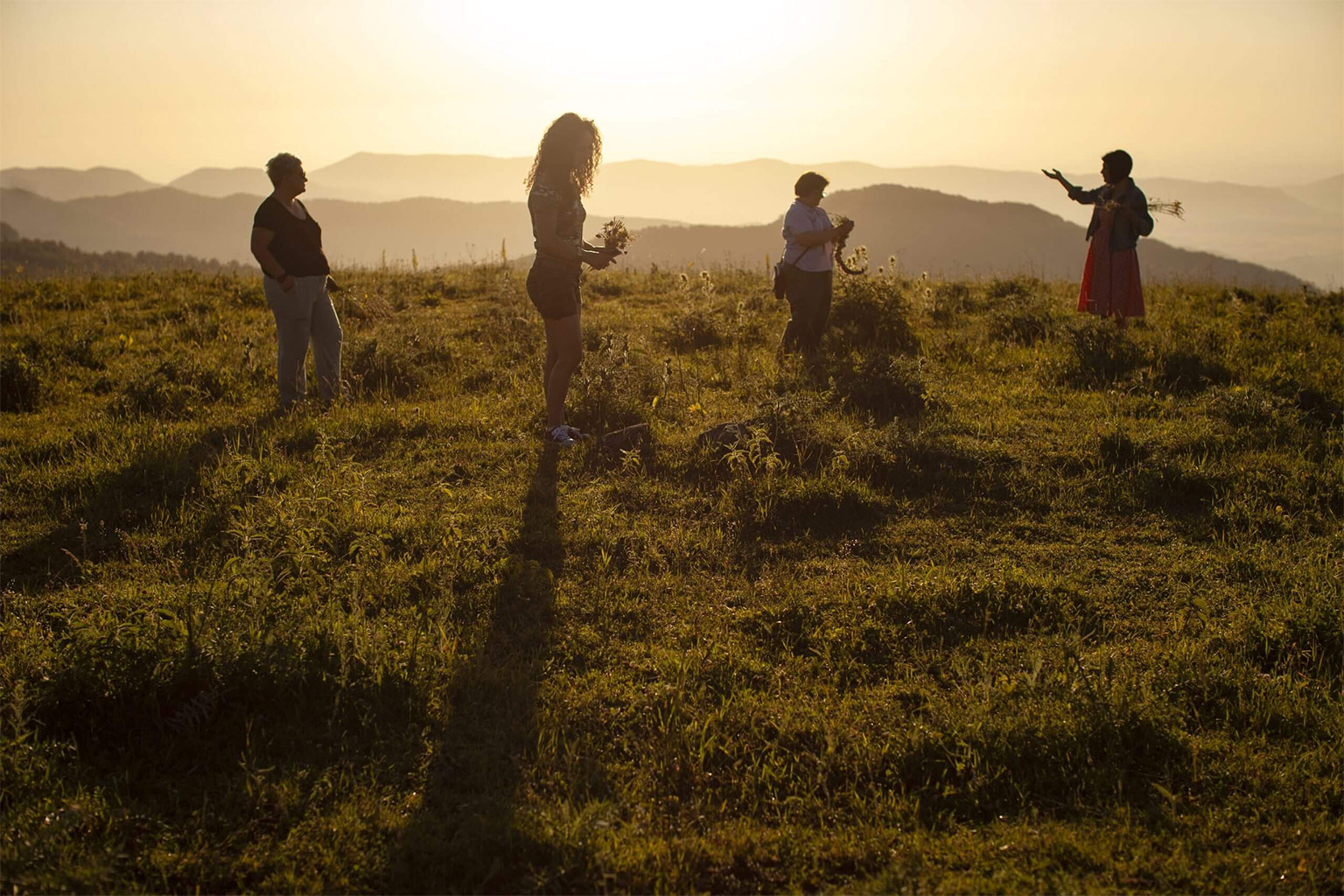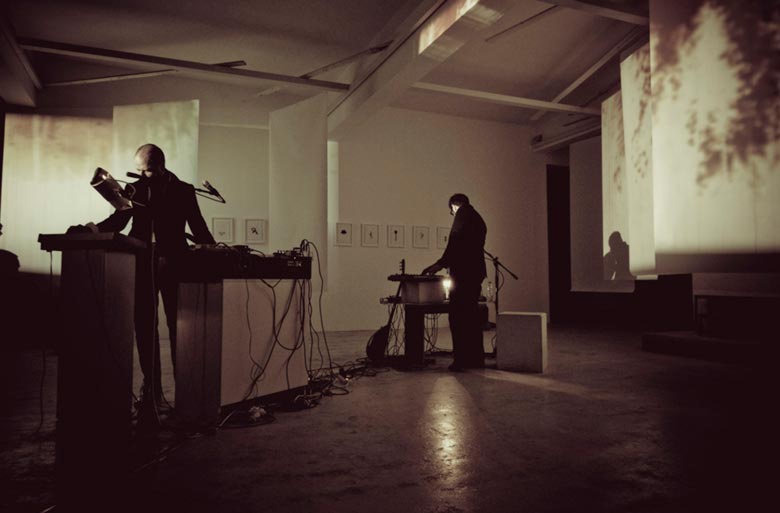
PHOTOGRAPHY BY TANYA TRABOULSI
Sonic City 2012 – Jerusalem in my heart from De Kreun on Vimeo.
Multicultural Relevance
Rather than creating a timeless classic, Moumneh wanted Jerusalem In My Heart to signify a moment in time. By cleverly using album titles and song titles, Moumneh made a contemporary piece of Arabic music that reflects modern Middle Eastern society. A Lebanese national who has spent most of his adult life in Montreal, Moumneh explains that the specific numbers in Mo7it Al-Mo7it reflect texting habits used by Arabic speakers.
“The album is pronounced Moheet Al-Moheet,”explains Moumneh. “When people text one another, they speak in Arabic, [but] up to a certain point, we only had English letters on [the cell phone]. It would spell out Arabic words phonetically, but then you would have to add these numbers that represent Arabic letters. The 7 in English looks very similar to the letter ‘hai’ in Arabic.”
Moumneh proceeds to explain how the number three works; it represents an Arabic letter that has no similar counterpart in English or any other Romance language. “The three in the titles [represent] the letter ”ayn’ (ع), which doesn’t exist. I don’t even know how you are going to transcribe it; you are going to run into this now,” he laughs. “It’s addressing this exact problem.”
The importance of the explosion of mobile devices across the world cannot be understated. As a human population, we went from relying on the nightly news or vague word of mouth references to being completely connected with one another at all times. A recent study by the University of Washington confirmed what a lot of people already knew: that the access to social media played a pivotal role in the Arab Spring. Much of this access was spurred by the proliferation of mobile phone use, emphasizing just how much an album centered around cell phone usage characterizes our current point in time.
To some of Moumneh’s friends, the titles looked a bit cheap and tacky, which seems natural considering text messages are ranked amongst the cheapest forms of communication. Nonetheless, Moumneh asserts that the titles are an important part of making the project a contemporary conversation starter about today’s world.
“It seemed very interesting and very telling of how people adapt language to technology and to the tools they have to get on with their day-to-day life,” Moumneh explains.
The overt Arabic influence is fitting for Jerusalem In My Heart on many levels. Moumneh was born in Lebanon, and Montreal has a large Arabic community. He laughs that he walks a fine line by naming his contribution to contemporary Arabic music “Jerusalem In My Heart”. Back in Lebanon, the inclusion of the electronic sounds and visual presentation might push it from Arabic music to the spacey realm of avant-garde art. But Moumneh says that ultimately, the way the music is composed and conceptualized, as well as his choice of scales, make it Arabic music in his heart.
These methods set Jerusalem In My Heart apart from some Western musicians which have begun incorporating Middle Eastern influences into their music. Moumneh sees it as a flavor of the month of sorts, but doesn’t have much of an issue with it as long as it is done with class; the approach needs to be delicate, he believes.
“It walks that fine line of being able to listen to something and take influence from it and make it your own, versus taking something and taking the elements,” he muses. “You think about Tropicalia in Brazil, and what that movement was. Basically they took all these cultures from around the world, all these aspects of culture, and just cannibalized it. That is the appropriate word to use. They just grabbed it, ate it alive, ate it, ate it and ate it. What they shat out was this genius called Tropicalia.
“To me, that is a very interesting way of processing elements you don’t necessarily understand or don’t have the tools to understand. You can only understand them on that first degree of what it is; whatever you think it is — it’s what it is.”
Multidisciplinary Relevance
Furthermore, Jerusalem In My Heart do not perform in bars, but prefer artistic spaces that are well-acquainted with installation art and the benefits of transforming space over an extended period of time. All 16mm images created, filmed, and edited by Salazar are made to bounce off of walls in a way that highlights, in Moumneh’s words, the fact that they “use the wallspace itself as part of the visuals.”
Moumneh goes on to describe the aesthetic, saying, “It is this super fragmented, cut-up visual where you are not really looking at one flat surface, because it’s multi-dimensional. There is no one spot to stand and look; it sort of forces you to use all of your senses to understand the environment you are in.”
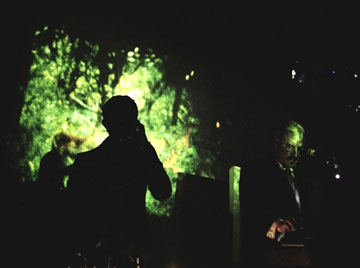
This spatially-shapeshifting approach naturally creates a ever-evolving project. Some nights, the trio uses eight screens; some nights, adaptation dictates that only two projectors are appropriate for the venue. Nonetheless, the music always stays more or less the same. Although the composed pieces see slight improvisation, they generally stay faithful to the recordings on Mo7it Al-Mo7it.
“It is very much the same music, but in presenting it with the visuals, it becomes very different because the two are so married,” Moumneh explains. “It is not like visuals that accompany music or music that accompanies visuals. It is co-composed together, or co-created together.”
Up until recently, JIMH have primarily performed in their hometown of Montreal, Quebec. But when touring finally became a legitimate reality, their dedication to performance spaces took on a whole new meaning and set of challenges. At home, JIMH often had the better part of the day to configure and arrange their equipment. On tour, they discovered they needed to figure out how to setup quickly while still maintaining the spirit of the project.
“You quickly realize that if you are given the time to think about something, you will think about it,” Moumneh says. “If you are given four days, then you will use four days. But if you are given four hours, you will use four hours and still come up with something.”
Ω

